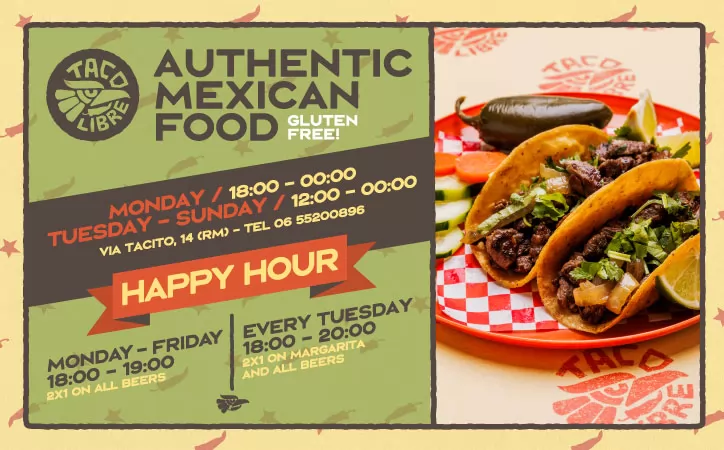Slow Food's 10 Proposals for G7 Agriculture Leaders
Slow Food's 10 Proposals for G7 Agriculture Leaders: Advocating for Food as a Fundamental Right
As the G7 Agriculture Ministers gather in Siracusa, coinciding with the Terra Madre Salone del Gusto event in Turin (September 26-30), Slow Food calls on global leaders to prioritize food as a fundamental human right. This gathering in Siracusa occurs simultaneously with Terra Madre Salone del Gusto, which brings together over 3,000 representatives from 120 countries to discuss sustainable food practices. Edward Mukiibi, President of Slow Food, and Barbara Nappini, President of Slow Food Italy, are urging G7 leaders to place food, biodiversity, and respect for nature at the forefront of global political agendas, advocating for a sustainable ecological transition.
A Call for Urgent Action
In a press conference in Rome, Mukiibi and Nappini emphasized the urgency of addressing the multiple crises the world faces today—environmental degradation, biodiversity loss, and inequality—fueled by unsustainable models of development. These models, driven by the myth of endless growth, hyper-productivity, consumerism, and labor exploitation, are failing to deliver true well-being to citizens. Slow Food’s response is clear: a fundamental rethinking of humanity’s relationship with nature and the adoption of agroecological practices are essential to ensuring a sustainable future.
The 10 Proposals for a Sustainable Food Future
Slow Food’s 10-point document, presented to the G7 Agriculture leaders, outlines key actions for achieving a fair, clean, and sustainable food system. The proposals are aimed at promoting practices that preserve the environment, respect biodiversity, and ensure food as a human right. Key points include:
Support for Agroecological Practices: Governments should back farmers who use agroecological methods that regenerate soil, preserve biodiversity, and conserve water resources.
Animal Welfare and Ecosystem Protection: Encourage animal husbandry practices that respect animals and protect fragile ecosystems, particularly in marginal areas.
Mandatory Food Education: Introduce mandatory food education in schools, promoting local, fresh, and high-quality food in public catering and combating food waste.
Reshaping the Food Chain: Implement policies that promote transparency in food production, establish sustainability criteria for public food procurement, and support local farmers' markets.
Fair Pricing for Farmers: Ensure that farmers who protect soil health and produce safe food receive fair compensation.
Regulation of GMOs: Properly regulate genetically modified organisms (GMOs), ensuring risk assessments and transparency throughout the food chain. Slow Food supports scientific research but insists on public access to innovations that serve the common good.
Food Sovereignty: Promote trade policies that respect food sovereignty, avoiding the negative externalities of Western food systems—such as deforestation and land and water grabbing—that impact the Global South.
Reducing Food Waste: Address food waste across the entire supply chain, from production to consumption.
Support Small-Scale Fishing: Promote policies that protect small-scale coastal fishing, preventing subsidies for large fleets and practices that harm marine ecosystems.
Minimize Packaging and Waste: Limit single-use packaging, promote recycling, and regulate plastic use, ensuring that waste is minimized along the food supply chain.
Agroecology: Slow Food’s Answer to Global Crises
Agroecology has been identified as a key factor in transforming food systems. It offers a pathway to food sovereignty, food security, and sustainable diets for all. Slow Food’s new initiative, Slow Food Farms, will bring together farms that adhere to agroecological principles, working to provide good, clean, and fair food for communities while addressing climate, environmental, health, and social crises.
The Power of Education and Food Sovereignty
Slow Food emphasizes the need for a “bio-logical” approach to food—one that values life and our connection to nature. Nappini urges governments, especially in Italy, to introduce food education as a core curriculum subject for students at all levels. Furthermore, food sovereignty, the right of all peoples to determine their own agricultural and food policies, is essential to building sustainable and resilient food systems.
Terra Madre Salone del Gusto: We Are Nature
At the heart of Terra Madre Salone del Gusto, the international event organized by Slow Food in collaboration with the City of Turin and the Piedmont Region, will be discussions on humanity’s relationship with nature. With over 600 conferences, workshops, and activities, the event will feature global voices and testimonies from activists, producers, and thought leaders. Held in Parco Dora, Turin, from September 26-30, 2024, this edition of Terra Madre emphasizes that “We Are Nature,” highlighting the crucial connection between food systems and ecological sustainability.
As global leaders convene in Siracusa, Slow Food’s message is clear: a sustainable future is possible, but it requires immediate action and a commitment to food systems that prioritize the health of both the planet and its people.
Ann Simonsson / Shutterstock.com


















